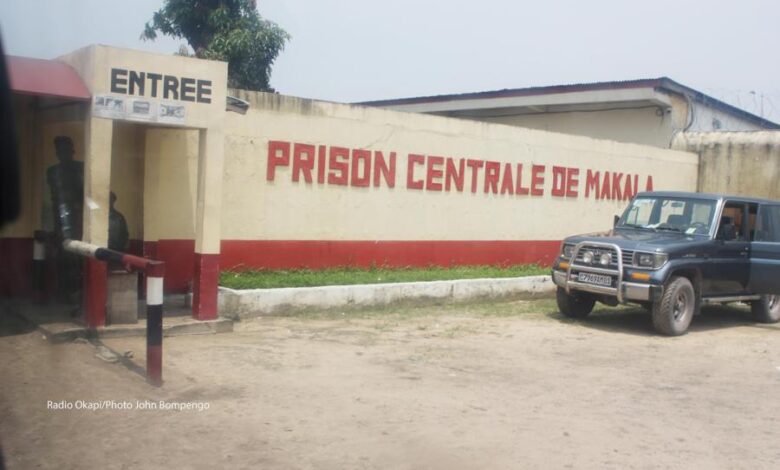Human Rights Watch Documents Arbitrary Arrests, Torture In DR Congo
The human rights organisation said it documented at least 20 cases of arbitray arrests in DR Congo, a situation aggravated by the ongoing state of siege in Ituri and North Kivu.

The international rights organisation, Human Rights Watch, says it has documented more than 20 cases of arbitrary arrests, intimidations, torture, and abusive judicial procedures in Ituri and North Kivu regions of the Democratic Republic of Congo since Sept. 2021.
“Security forces have killed at least one activist during a demonstration and the state of siege has put to question a judicial system which was already weak in the two provinces,” Human Rights Watch revealed.
“Military tribunals which under no circumstance should be made to get involved in affairs concerning civilian accused persons, are incapable of absorbing the number of dossiers which are conferred to them.”
“The assurances given last year by the army that human rights would be respected during the state of siege have since been forgotten and several of these rights are abused,” Thomas Fessy, principal researcher for the DR Congo at Human Rights Watch said.
“In the absence of a clear calendar on the part of the Tshisekedi administration, this regression in the fundamental rights and democratic space do not seem to be near getting to their end.”
In its 2021 annual report, the United Nations Joint Human Rights Office (UNJHRO) in the DR Congo revealed that “the overcrowding in prisons has been aggravated under the state of siege because of the lack of personnel in the military tribunals while the number of accused persons in detention awaiting trial is very high.”
Human Rights Watch recommended that President Tshisekedi should acknowledge the fact that the military authorities in the two provinces under the state of siege, namely Ituri and North Kivu, have used their powers to suppress peaceful detractors and to ensure that the state of siege decreed in the two provinces does not lead to the restriction in fundamental human rights of inhabitants.
“Confronted by continued conflicts, the inhabitants of North Kivu and Ituri have since several years been living in a heavily militarised environment,” Fessy affirmed.
“The state of siege has not put an end to atrocities in eastern DR Congo but it has suppressed the rights of the population to freedom of expression and peaceful meetings as well as their access to equitable justice.”
Support Our Journalism
There are millions of ordinary people affected by conflict in Africa whose stories are missing in the mainstream media. HumAngle is determined to tell those challenging and under-reported stories, hoping that the people impacted by these conflicts will find the safety and security they deserve.
To ensure that we continue to provide public service coverage, we have a small favour to ask you. We want you to be part of our journalistic endeavour by contributing a token to us.
Your donation will further promote a robust, free, and independent media.
Donate HereStay Closer To The Stories That Matter




